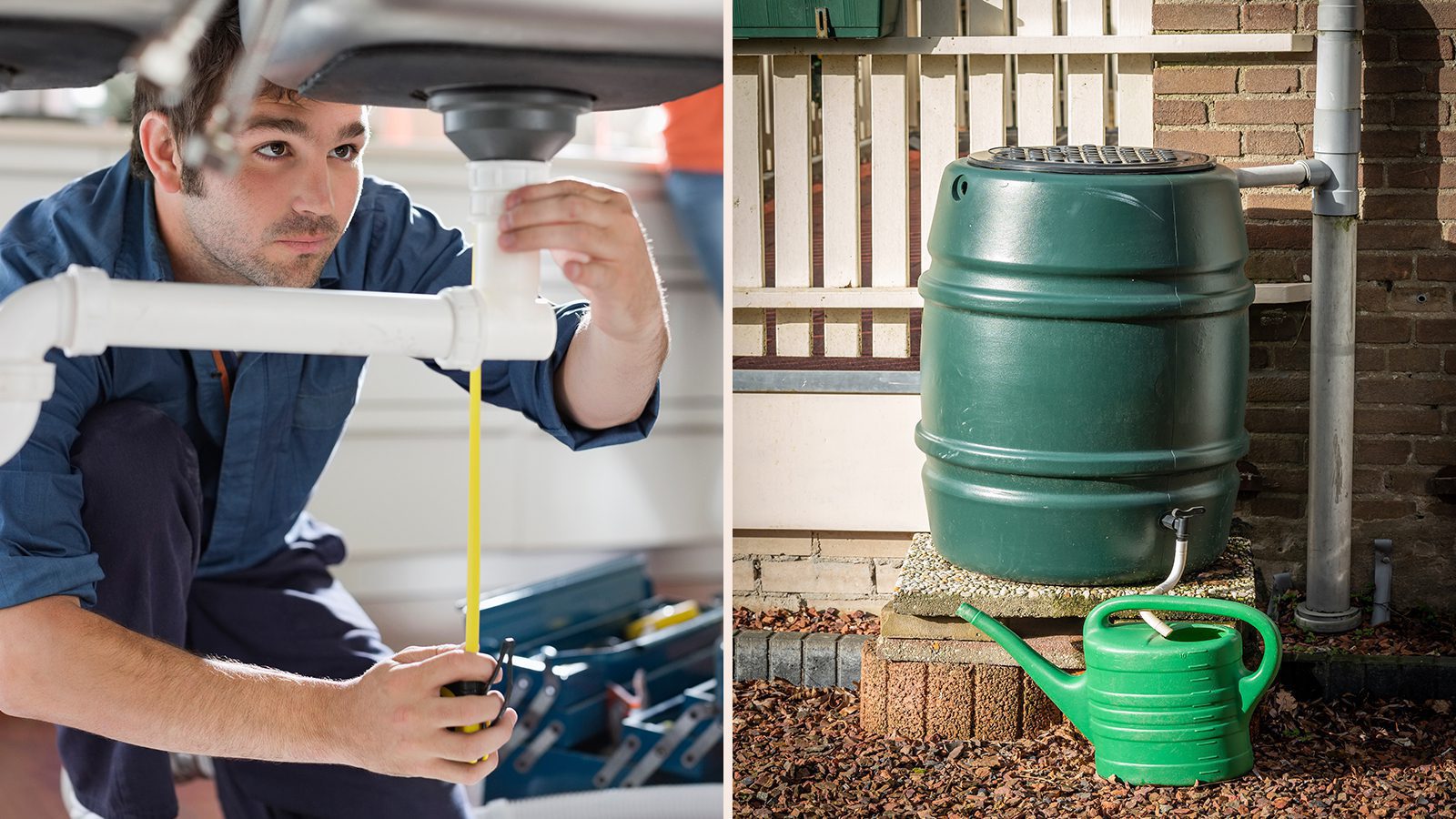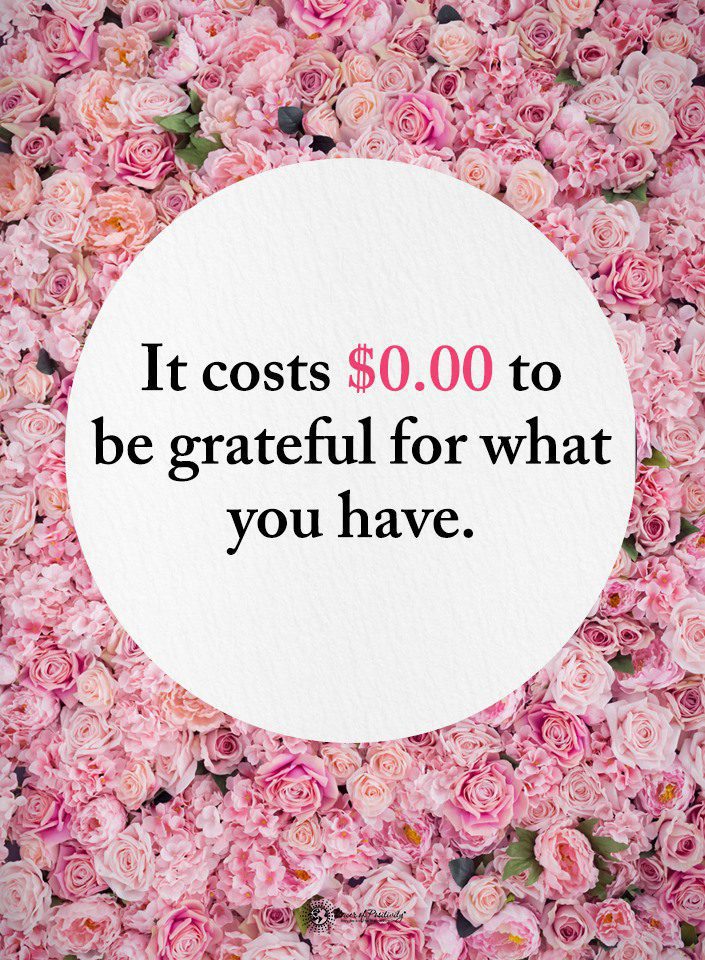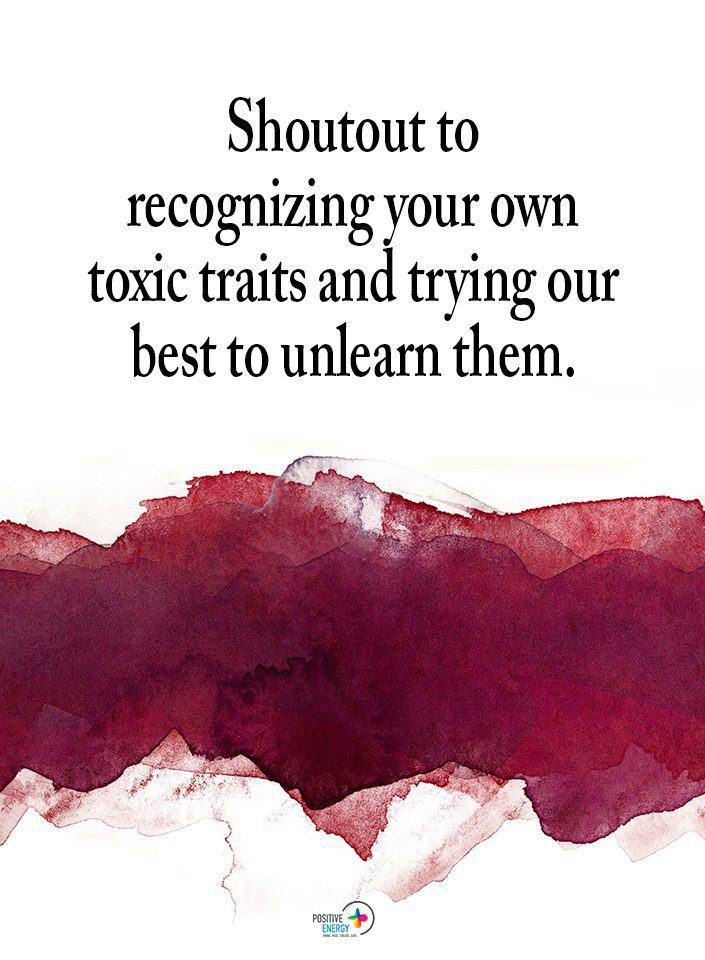Many people don’t think twice before leaving their water running or using it unnecessarily. However, considering the environmental impact and the cost of wasting water, you might want to make some changes.
Those who grew up in a dry climate may have a different view than those from water-rich areas. For those in wet areas, it’s easy to assume you can use as much as you want, and it’ll keep flowing. However, others know that isn’t the case.
Finding ways to use less can make a difference, whether you realize it or not. Understanding why conservation is necessary can motivate you to make beneficial changes. Educating children about the importance of water conservation is equally vital. Schools and community centers are now integrating fun, interactive programs that teach young minds about the value of water. To support these educational efforts with the right tools, consider visiting https://lowenergysupermarket.com/top-10-water-saving-products/.
Why Reducing Water Usage is Necessary
Data shows that global water consumption has increased by at least 495% over the past century. This increase relates to industrialization and population growth, but our habits at home haven’t helped, either. The Environmental Protection Agency (EPA) in the United States claims that the average household uses more than 300 gallons daily.
While those in water-rich areas might not understand that the demand outpaces supply in some locations, there are still many reasons to make changes. Public resources that many people use in their homes require chemicals and energy for transportation. Energy and chemicals are resources, too, so it involves more than you might initially realize.
Reducing your water usage can make a difference in your community. When others in your area stop wasting, too, it can decrease your area’s demand. With climate change and population growth threatening the supply, it’s essential to practice conservation and limit local demand.
Sometimes you can’t control waste when it happens before reaching you. Leaky or outdated pipes can mean some gets wasted before entering your home. Since you can’t change the infrastructure, you must focus on how you can waste less once it gets into your home.
How to Stop Wasting Water
You and your family can consider ways to cut back together, and it’ll likely be easier than you expected. As you read through these ideas, think about some of your bad habits that you can change for the better.
1 – Shorten Your Showers
Baths often use at least 35 gallons, so those aren’t ideal when you want to stop wasting. Showering can take between two and five gallons each minute, depending on the efficiency of your showerhead. You can easily take a five-minute shower that uses less, helping you stop wasting.
Consider setting a timer to know when to get out if you want to shorten your showers. You can also listen to a five-minute song or one close to it to know when your time is up.
2 – Collect Water
Collecting water to reuse later can drastically cut down on your use. You can use containers to catch rain and use it for indoor and outdoor plants. It is the perfect way to do your part in decreasing waste.
As you wait for your shower to heat up, put a bucket or two beneath the stream to catch the water. It would otherwise go down the drain, but you can use it for other things. You can use it for plants, cleaning, or anything else.
3 – Don’t Water Your Lawn as Often
Running a sprinkler for your lawn uses tons of resources. Many people waste more on their lawns than they do any other way.
While you might want a green lawn, you don’t have to use fresh resources to make it happen. Not only does it waste, but it also leaves a carbon footprint and disrupts wildlife.
One way to tell if your lawn needs watering is by stepping on it and seeing if it springs back right away. If it doesn’t, it’s safe to say it’s dry, and you can run your sprinkler. However, you can skip the sprinkler for a few days if it pops back up.
You can also consider replacing grassy areas with other options. If you don’t mind eliminating grass, this could be a good option that allows you to keep your lawn looking good in other ways.
4 – Fill a Sink with Water for Washing Dishes
It might seem easier to leave the tap running when doing dishes. However, it wastes water when you could fill the sink instead. Filling the sink allows you to scrub all the dishes without wasting as you go.
It’s easier to fill if you have two sinks because you can fill one and use the other for rinsing. If you only have one, place all your dishes in a rack next to your sink and then fill your sink.
Additionally, if you have a dishwasher, you can prevent waste by not pre-rinsing them. It’s an unnecessary step because most dishwashers are powerful enough to take care of the debris.
5 – Use a Broom Instead of the Hose for Outdoor Cleaning
Many people use their hose to clean driveways, sidewalks, and steps, but it uses hundreds of gallons. Consider using a broom instead, saving the hose for occasional use.
6 – Invest in a Low-Flush Toilet
A low-flush toilet uses much less water than other appliances and saves energy. Flushing uses a lot of resources, and the low-flush options use less than half of what old-style toilets use.
7 – Run Your Dishwasher and Washing Machine Only When It’s Full
You might get tempted to run small loads in your dishwasher or washing machine when that’s all you have. However, it’s wasteful as each load uses 30 to 35 gallons each time.
Even if you run your washing machine on a delicate cycle, you can add other things that aren’t too dirty. It not only saves fresh resources, but it also prevents wasting detergent and makes chores go faster.
8 – Use a Plastic Weighted Water Bottle in Your Toilet Tank
Using a weighted bottle in your toilet tank saves resources because it doesn’t have to fill as much space. Add an inch or two of pebble or sand to the bottom of a bottle, and then fill it with water.
Place it in your toilet tank, away from the operating mechanism, and you can conserve nearly five gallons daily. It doesn’t harm your toilet tank and offers an opportunity to conserve for those who can’t invest in a new toilet.
9 – Fix Leaky Pipes, Faucets, or Toilets
The EPA estimates that the average household wastes 9,400 gallons yearly due to leaks. You might notice a tiny dripping from your faucet or showerhead, a pipe might leak under your sink, or sometimes your toilet leaks. Despite the origin of the leak, it’s wasting this essential resource.
If you suspect your toilet leaks, you can test it by adding food coloring to the tank. You’ll know if it leaks if you see any color in the bowl without flushing.
Another area to check for leaks is your outdoor faucets and pipes. These problems are easier to ignore since they don’t mess up your home but can waste many resources.
Watching your utility bill can also help you see if you see a leak. If your utility bill increases significantly without reason, you might leaks somewhere.
10 – Install a Low-Flow Shower Head
A low-flow showerhead is easy to install and doesn’t cost much. It also saves money on your bill and protects our depleting resources. You can find these shower heads at any hardware or plumbing supply store.
11 – Don’t Flush Your Toilet When You Don’t Have To
Every time you flush your toilet, it uses nearly five gallons. Don’t flush it when you don’t have to, and don’t be afraid to let it settle for a while before flushing.
12 – Fill a Bowl with Water When Rinsing Vegetables
It’s tempting to leave the tap running while you rinse vegetables, but it’s incredibly wasteful. A better option is to fill the sink and use that to scrub and rinse the veggies. Otherwise, you let quite a bit run down the drain.
13 – Turn the Faucet off When Brushing Your Teeth or Shaving
When you brush your teeth, turn the faucet on only to get your toothbrush wet and fill a glass. Then, you can brush your teeth and rinse your mouth with what’s in the cup. It prevents excess water from going down the drain.
You can fill the sink with a few inches of water and then plug the drain for shaving. You can rinse your razor in that rather than running the tap every time.
14 – Keep Drinking Water Chilled in The Refrigerator
When you want a drink from the tap, you likely let it run until it gets cold. Every time you do this, it wastes water. Instead, fill a bottle or pitcher to drink from throughout the day. This way, you don’t have to let the tap run as it all runs down the drain.
15 – Limit Food Waste
You might not think your food contributes to water usage, but it takes resources to produce fruit and other food. When you waste food, you waste other essential resources.
Final Thoughts on Ways to Stop Wasting Water
Reducing water waste is essential to preserving natural resources. While you may not realize the issue if you live in a water-rich area, it makes a difference no matter where you live.
These tips can help reduce waste, preserve resources, and save money. Small changes can make a difference even if you can’t do them all.

















 Community
Community

